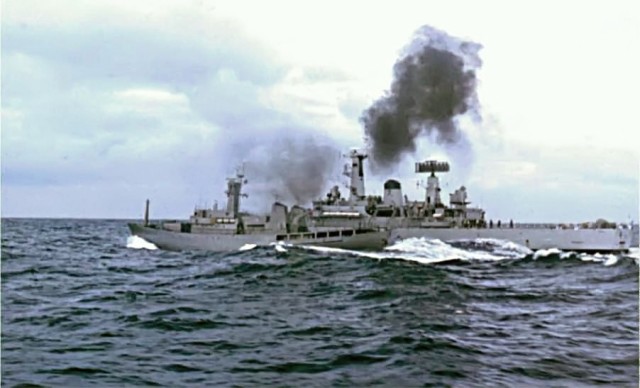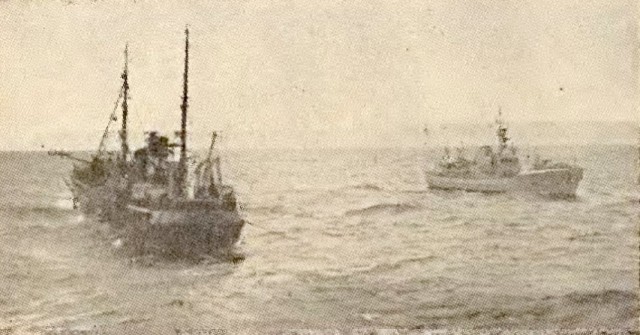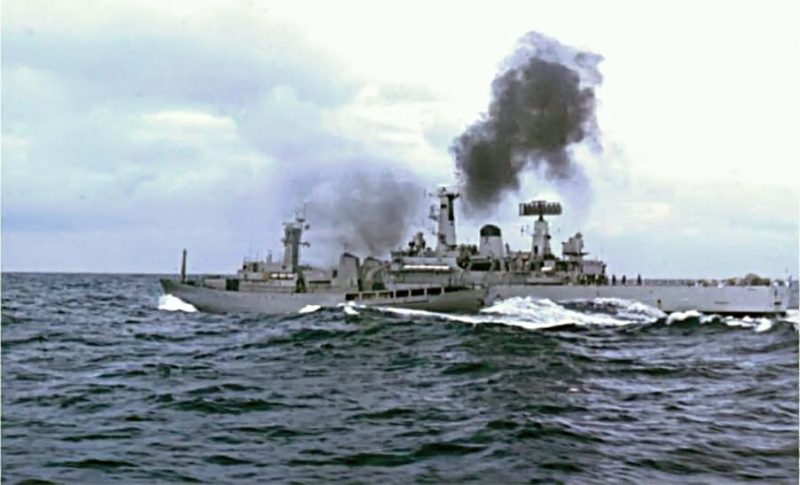
The United Kingdom and Iceland have never been to war. But at one point during the 1970s, they came very close indeed.
The conflict, called the Cod Wars in the British newspapers, was over fishing rights in the North Atlantic Ocean. Iceland and the UK had agreed-upon separate areas within which each country’s fishermen had the right to ply their trade. And until the 1970s, all was well.
But it was during the ’70s that Iceland decided that it no longer wanted British fishing vessels in the waters off its coast. Though the British government rejected the move, Iceland’s government increased the exclusion zone – the area where only Icelandic fishermen could fish.
But British fishermen continued to fish in those rich waters, leading to an increasingly tense situation. Skirmishes between Iceland’s coast guard and British trawlers nearly escalated into war.
The British fishing fleet was, at the time, the largest in the world. With a massive industry based in the North Atlantic, the British government had much to lose if they allowed Iceland to cut off British access to the Icelandic waters. Though British vessels sometimes came within 50 miles of Iceland’s coastline, the British government continued to insist that Iceland had “no right” to cut off their access to these waters.
At first, British vessels refused to listen when the Icelandic coast guard ordered them to leave. As time went on, however, Iceland’s gunboats became increasingly aggressive toward British ships that violated their waters.

Some Icelandic gunboats went so far as to pull up alongside the British ships and cut the fishing gear off the sides of the ships, not only preventing the fishers from hauling any more fish but also effectively cutting off their livelihood, as many fishers could not afford the expensive repairs necessary to re-outfit their ships.
Tom Watson, a British fisherman who joined the industry at age 15 and was a captain by age 23, told the story of how Icelandic gunboats tried to cut his fishing gear. He responded with a technique that British fishermen had developed, twisting ropes around the gunboat so that they stripped off both the boat’s propellers, leaving them at a standstill.
The conflict did not de-escalate until Icelandic gunboats began escorting British ships back into their own waters. The fishermen eventually conceded, because they had no support from the government, that they would have to give up their rights to fish in these rich waters.
Source: https://t.co/WRewBFsKRG
